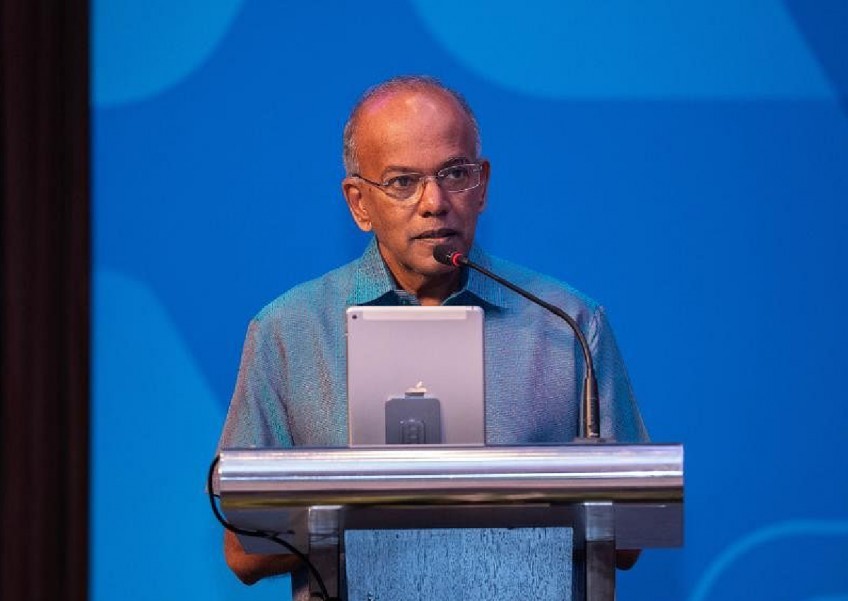 |
| Singapore's Minister for Law and Home Affairs K. Shanmugam said volunteers should help young people better understand information online and understand religion. (Source: Straits Times) |
Speaking at an event hosted by Singapore's Ministry of Home Affairs on September 16, Minister for Law and Home Affairs K. Shanmugam said that more and more young people are exposed to extremist views through social media, where information can be shared and replicated very quickly and on an unprecedented scale.
He said that if a person falls into the path of radicalization, "they can quickly access hundreds, thousands of articles, posts and videos . Then the algorithms on social networks will continue to provide more similar content."
One consequence is that people with negative views quickly associate with like-minded people around the world , forming connections and reinforcing each other's views.
Sharing with volunteers, including the Religious Recovery Group (RRG) and the inter-agency Aftercare Group (ACG) attending the event, Minister Shanmugam pointed out that there are many people who deliberately give out false information to deceive others, cause distrust or lead them towards terrorism and extremism.
The danger is that terrorists and extremists are targeting young people on social media.
| Of the 49 extremists prosecuted under the Internal Security Act (ISA) since 2015, 11 were under the age of 20, and five of them had planned to carry out attacks in Singapore. In February, the Department of Homeland Security (ISD) said a 15-year-old self-radicalized student was arrested for plotting terrorist attacks against non-Muslims at popular tourist areas in Singapore. |
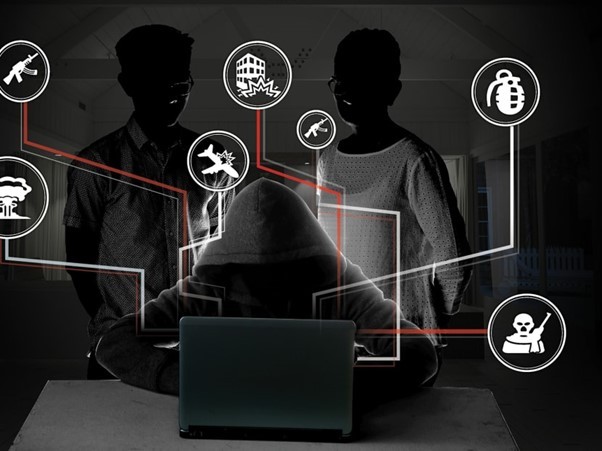 |
| The danger is that terrorists and extremists are targeting young people on social media. (Source: Today Online) |
The Singapore government has laws and frameworks in place to remove such content and such cases will be dealt with swiftly. In addition to the government’s efforts, according to Minister Shanmugam, volunteers need to help young people better understand information online and understand religion so that they are not easily influenced by false propaganda.
These practices must be implemented in mosques, in homes, as well as in cyberspace, Mr Shanmugam stressed.
RRG brings together volunteer Muslim scholars and teachers to provide religious counseling to extremists, while ACG provides support to detainees and their families. Since 2002, of the 95 Singaporeans detained under ISA for terrorism-related offences, 82 of them who made good progress in their rehabilitation have been released and reintegrated into society. |
Source








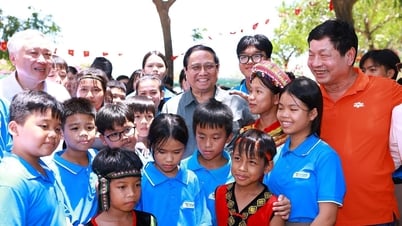





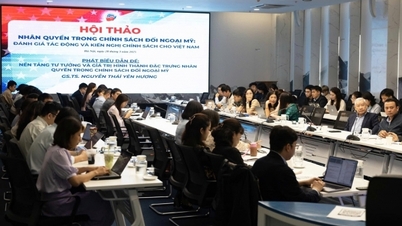






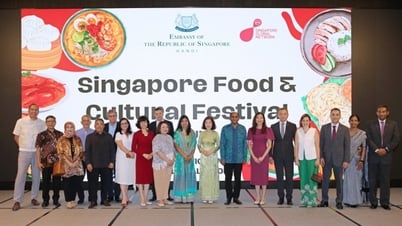
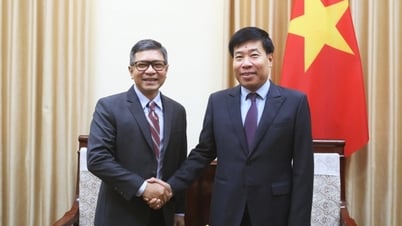
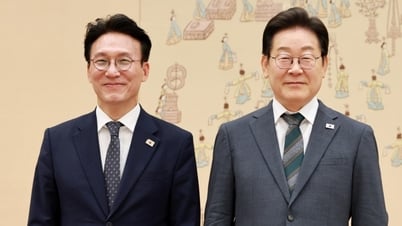
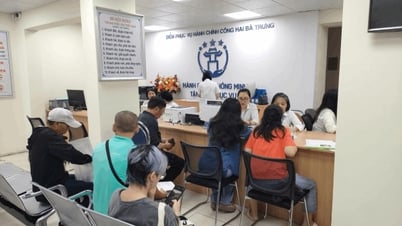
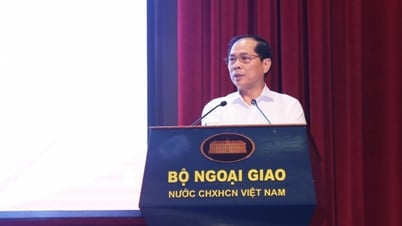










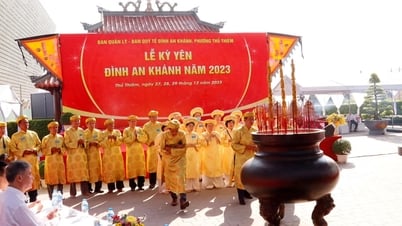





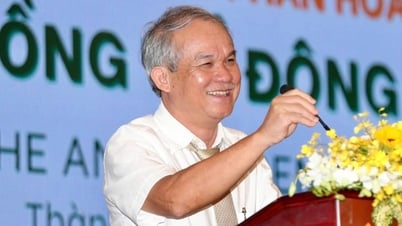

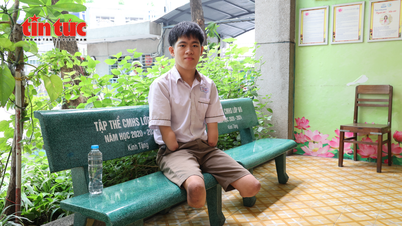





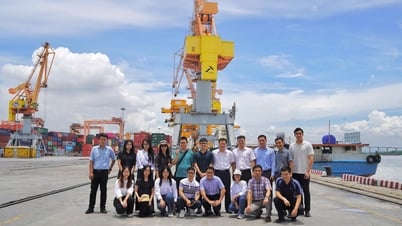


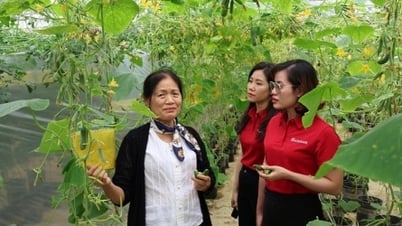


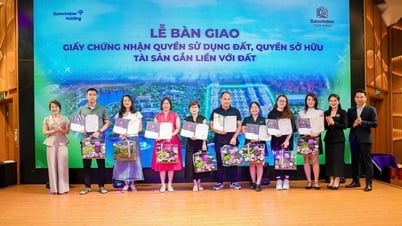













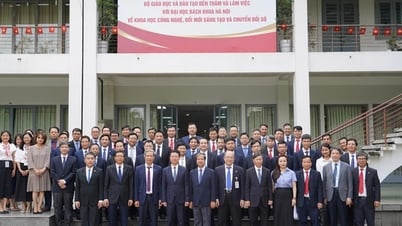

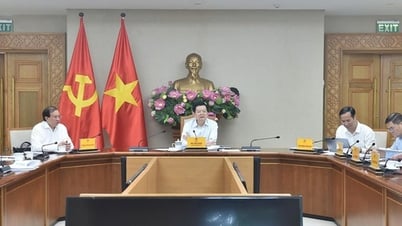
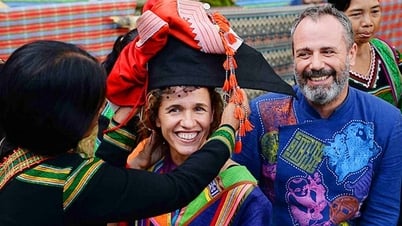
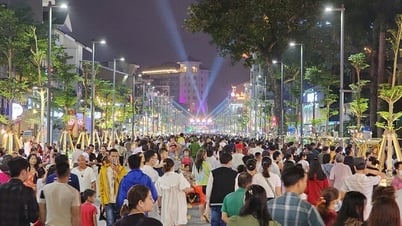
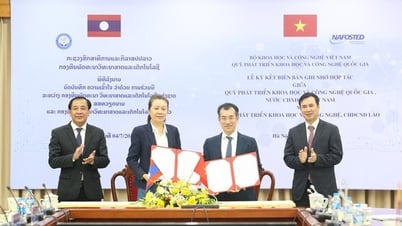
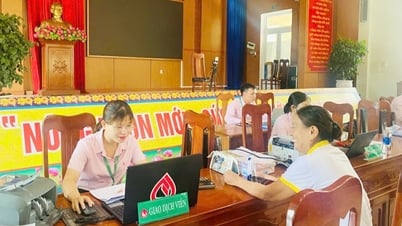





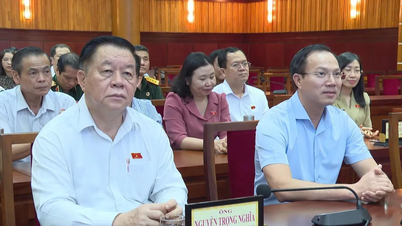

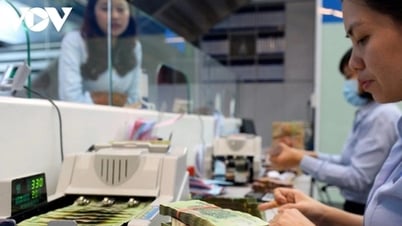

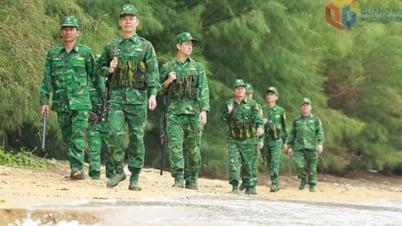

![[OCOP REVIEW] Bay Quyen sticky rice cake: A hometown specialty that has reached new heights thanks to its brand reputation](https://vphoto.vietnam.vn/thumb/402x226/vietnam/resource/IMAGE/2025/7/3/1a7e35c028bf46199ee1ec6b3ba0069e)




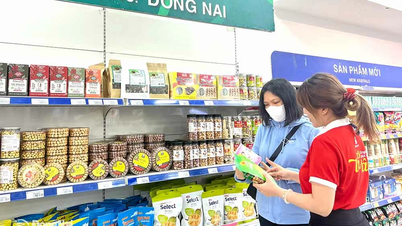


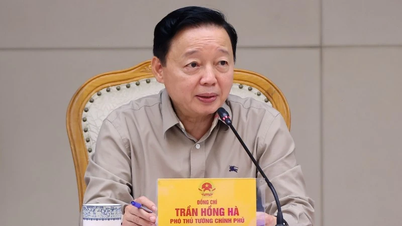

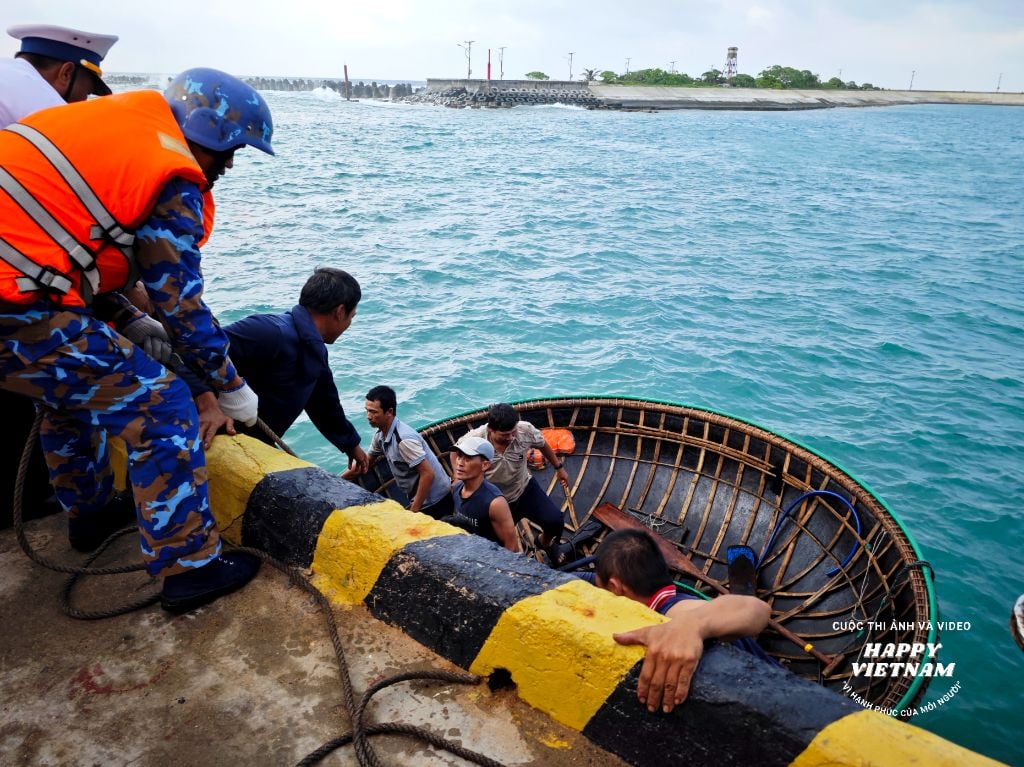


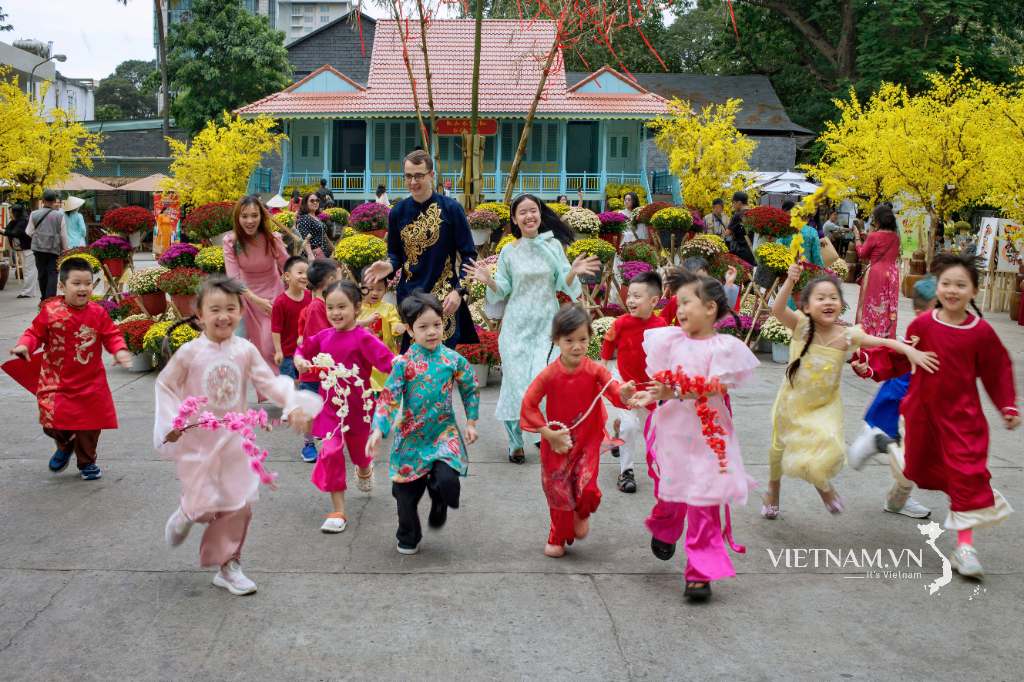
Comment (0)